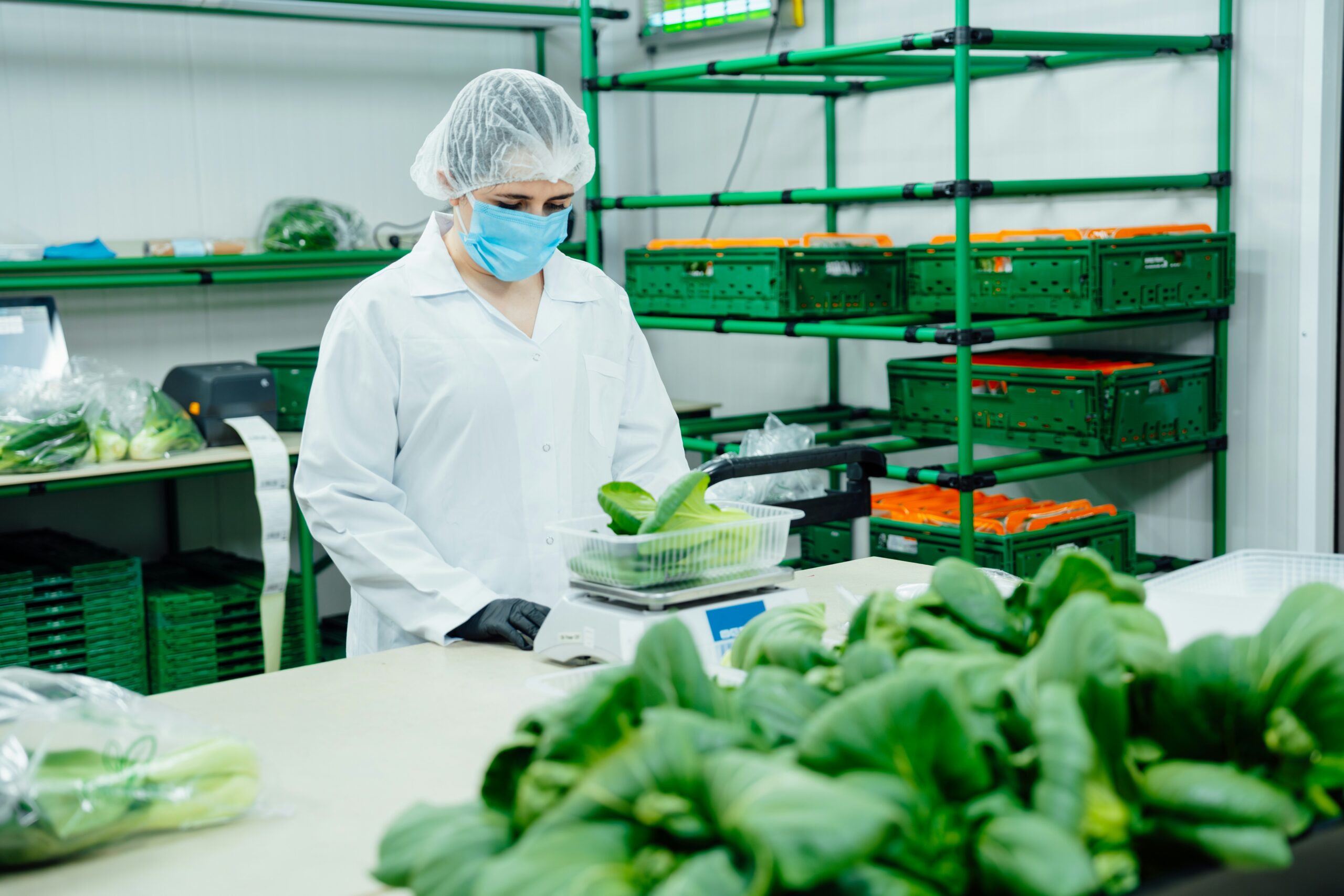
In recent years, technology has begun to reshape how food is produced, processed, and consumed. From automation in agriculture to artificial intelligence in food safety, innovative solutions are transforming the entire food supply chain. As the world faces growing challenges such as climate change, population growth, and food security, technology has proven to be a critical tool in creating a sustainable and efficient food system. This article explores how technological advancements are revolutionizing modern food systems and how these changes affect the global food industry.
The Role of Automation in Agriculture
Automation in agriculture has allowed farmers to streamline their processes, reduce costs, and improve efficiency. Modern technologies such as drones, autonomous tractors, and harvesters are making it possible to monitor and manage crops with unprecedented precision. Automated systems can plant seeds, apply pesticides, and monitor soil health without manual labor. This reduces human effort and decreases the risk of errors, leading to better yields and more sustainable practices.
Additionally, automation in agriculture aids in resource conservation, especially water usage. Precision irrigation systems, for example, can deliver water directly to the roots of plants, reducing water wastage and ensuring crops get the necessary hydration. This technology helps combat water scarcity, an increasingly important issue in many parts of the world. With the combination of automation and innovative technologies, agriculture is becoming more resilient to environmental pressures while increasing production efficiency.
Sustainable Food Production through Vertical Farming
Vertical farming is a groundbreaking technology that enables food to be grown in stacked layers, often within urban environments. By using hydroponics or aeroponics, vertical farming eliminates the need for traditional soil-based agriculture. This method uses less land and water than conventional farming and produces food more quickly, making it an ideal solution for feeding growing urban populations. Vertical farming systems can be set up in greenhouses, warehouses, or rooftops, bringing food production closer to consumers and reducing transportation costs.
One of the significant benefits of vertical farming is its ability to control environmental conditions such as light, temperature, and humidity. By optimizing these factors, crops can be grown year-round, free from the constraints of seasonal changes. This controlled environment also reduces the need for harmful pesticides, making vertical farms more sustainable and environmentally friendly. Vertical farming is a potential solution to the challenges of urbanization and climate change and represents a new frontier in how food can be produced efficiently and sustainably.
The Impact of Artificial Intelligence on Food Safety
Artificial intelligence (AI) is playing an increasingly vital role in ensuring the safety of the food supply. With the help of machine learning algorithms, AI can predict and detect foodborne illnesses, identify contaminants in food products, and ensure compliance with health and safety standards. AI-driven systems can analyze vast amounts of data to detect patterns in food safety, allowing for quicker responses to potential outbreaks or contamination risks.
AI is also being used in the development of food traceability systems. These systems allow consumers, retailers, and suppliers to track the food journey from farm to table. Using blockchain technology, AI can securely record data at every stage of the food supply chain, providing transparency and ensuring that food products meet safety standards. By automating the detection of contamination and monitoring food safety protocols, AI helps create a more reliable and secure food system, which is essential in today’s global marketplace.
The Rise of Plant-Based and Lab-Grown Foods
Advancements in biotechnology have led to the rise of plant-based and lab-grown foods, offering alternatives to traditional animal-based products. Plant-based meat substitutes, such as Beyond Meat and Impossible Foods, use innovative techniques to replicate the taste, texture, and nutritional profile of meat without the environmental impact of livestock farming. These products are gaining popularity among consumers seeking more sustainable and ethical food choices.
Lab-grown meat, also known as cultured meat, is produced by cultivating animal cells in a controlled environment, eliminating the need to raise and slaughter animals. This technology can potentially revolutionize the food industry by reducing the environmental footprint associated with conventional meat production. By using fewer resources such as water and land and emitting less greenhouse gas, lab-grown meat could play a critical role in addressing food security while minimizing the environmental impact of the global food system.
The Future of Food with Internet of Things (IoT) Technology
The Internet of Things (IoT) is another technology transforming the food industry by enabling more excellent connectivity and real-time data collection. IoT devices such as smart refrigerators, connected kitchen appliances, and temperature monitoring systems are helping to ensure that food is stored and prepared safely. These devices can provide real-time alerts about temperature fluctuations, spoilage risks, and inventory levels, reducing food waste and improving efficiency.
In agriculture, IoT technology is being used to monitor soil moisture, crop health, and weather conditions. Sensors in the field provide farmers with valuable insights that can guide irrigation, fertilization, and harvesting decisions. By collecting and analyzing data from IoT devices, farmers can optimize their operations and reduce waste, ultimately leading to more sustainable farming practices. Integrating IoT into the food system makes it possible to track the food journey more efficiently, ensuring quality and safety while enhancing the overall consumer experience.
Technology’s Transformative Impact on the Food Industry
Technology is revolutionizing modern food systems, from transforming agriculture to providing safer, more sustainable food options. As automation, AI, vertical farming, and biotechnology advance, the potential for creating a more efficient, equitable, and sustainable food system becomes increasingly promising. Integrating new technologies is key to overcoming some of the most pressing challenges the global food industry faces, from resource conservation to food security. With these innovations, the future of food is poised for a transformation that will benefit both consumers and the environment.